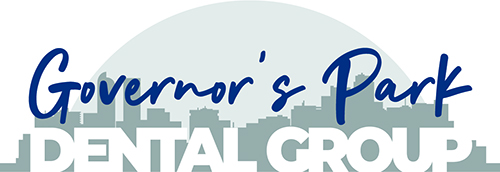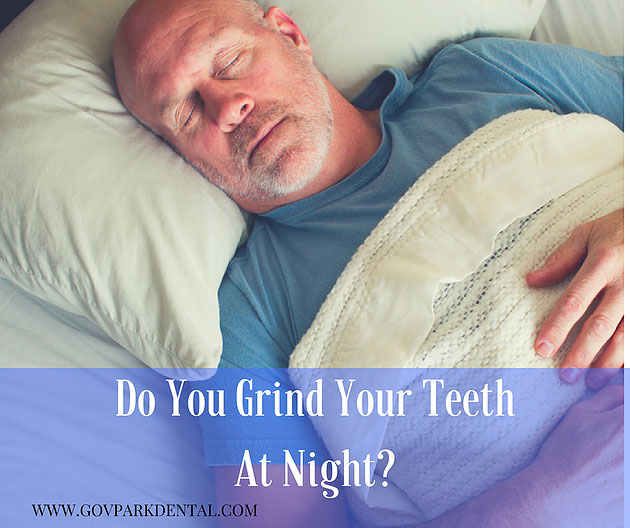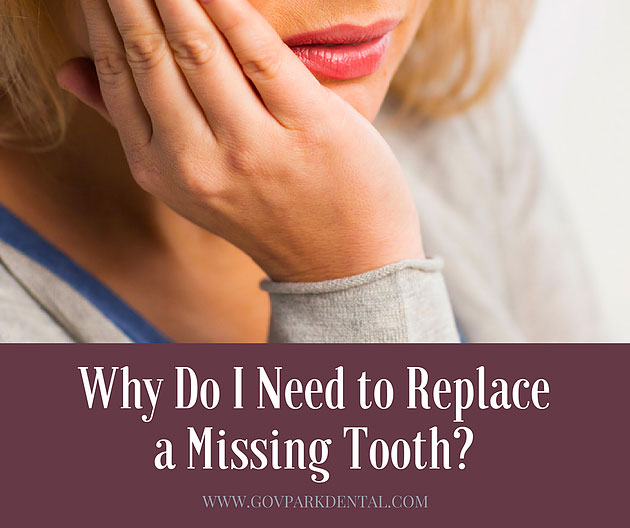Bruxism, or tooth grinding / clenching, is fairly common. According to an article on colgate.com, it affects “approximately 30 million to 40 million children and adults in the U.S.” Sleep bruxism, or grinding and clenching at night, is especially common. But how do you know if you’re doing it? After all, you’re asleep when it happens.
The easiest way to find out is to keep regular six-month checkups with your dentist. A dentist can tell if you’re grinding or clenching by worn-down enamel on your teeth. However, there are several symptoms that may indicate sleep bruxism:
- sensitive teeth
- loose teeth
- waking with a sore jaw or tired jaw muscles
- waking up with a headache
- cracked teeth or chipped teeth
- sore facial muscles
- indentations on your tongue
All of these symptoms might be tied to bruxism, so if you’re experiencing them, consult with your dentist. Your dentist can help to repair any damage already done, and put provisions in place to protect against on-going wear and tear. Sometimes, this means wearing a mouth guard at night or even taking a muscle relaxer. Often bruxism can be reduced simply by addressing the cause of stress or tension to begin with or becoming mindful of when you’re doing it. As with other habits born from tension, we often don’t even notice we’re grinding or clenching in the first place. Sometimes, merely noticing is enough to catch ourselves and cease the behavior.
Whatever you do, don’t ignore the signs of tooth grinding or clenching. Even though it’s fairly common, it can cause plenty of damage to your teeth if left untreated. To learn more, visit https://www.govparkdental.com. Dr. Terry L. Brewick serves dental patients in the Governor’s Park neighborhood of Denver, Colorado.




